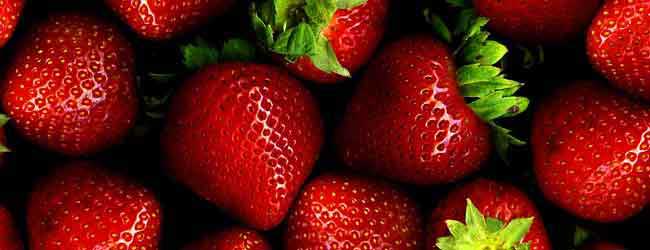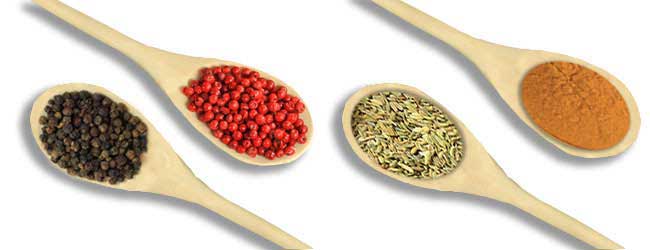The nose has a prominent position on our faces, often the first spot we protect with sunscreen, and those who wear glasses can’t do without it.
The nose however, is so much more than that. It is also the external part of our sense of smell. Evolutionarily speaking, smell is the oldest of our senses. It protected our ancestors from predators and helped them find food. Unfortunately today most people pay little attention to this sense because it doesn’t seem necessary for our survival the way sight and sound are.
When asked which sense one could possibly do without, people consequently place sight in the first place and smell in the last.
Our greatest fear is not being able to see colors, faces of loved ones, light. Next comes deafness, not being able to hear laughter, music, total silence seems unbearable. Not being able to smell, for some reason, appears to be an easier sacrifice. There is not even a word for it in our vocabulary. We have blind, deaf, mute....but nothing for not being able to smell.
Interesting to note, however, is that the sense of smell usually comes out on top in a battle between the senses when more than one sense is stimulated. For example, a tasty looking peach, with its soft skin, will most likely not be eaten if it smells “funny”.
Smell, therefore, does have a great impact on our daily lives.
Not only as an alarm function to warn us of rotten food that shouldn’t be eaten, milk that has gone sour, a leaking gas stove, something burning, or a baby diaper that needs changing.
Our sense of smell also influences the way we taste food. Try to remember the last time you had a severe cold and your nose was completely blocked, your meal probably did not taste that much. This is because if we eat with our nose closed, we only appreciate sweet, sour, bitter and salty. To experience the full flavor we need our sense of smell. Experiments have shown that the taste of coffee is not even recognized if taken with the nose closed.

Above all, smell adds an amazing richness to our lives we aren’t always conscious of until it is taken away. Imagine what it would be like to walk into a bakery shop and not smell the scent of freshly baked bread and cookies, or the smell of freshly cut grass, or the pages of a new book, or the just washed hair of your baby, clean sheets on the bed.....
Smell, unlike the other senses, reports directly to the limbic system of the brain. This is where memory, basic instincts (survival, attraction) and the sense of smell are located. It is one of the most primitive areas of our brain and it has an extraordinary influence on our memory, emotions and behavior.
Due to this we often “experience” an odor rather than smell it. In fact, 75% of our emotions are generated by what we smell. We feel comfortable in certain surroundings without necessarily noticing the smell. A whiff of a certain odor may transport us back in time in an instant. The smell of chalk may bring back the 5th grade classroom. The smell of a certain fabric softener may remind us of our mother’s house. Children feeling homesick can feel comforted by taking a teddy bear with them that carries the familiar scent of home.
Smell is our one sense we can’t turn off. We smell with every breath we take and that’s around 20.000 times a day. So I invite you to explore the next breath you take and enjoy the amazing sensorial journey it takes you on.







